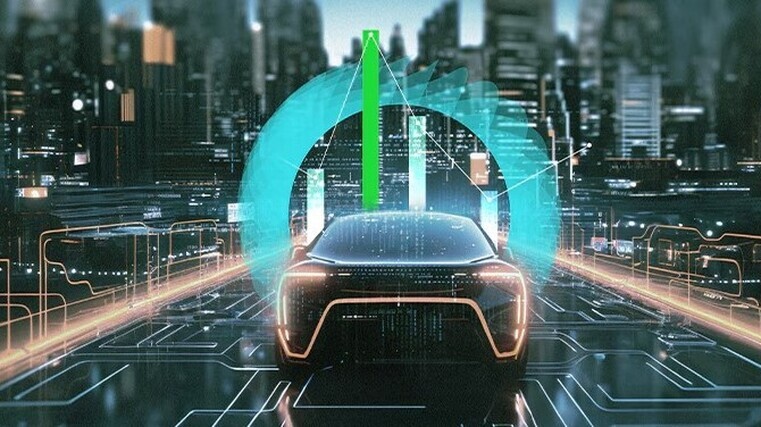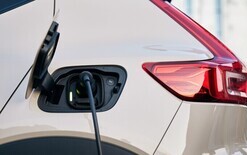Consumers resist driverless cars

Buyers are eager to try vehicle technology, but only on their terms, according to new research.
Most consumers worldwide believe artificial intelligence in vehicle systems, such as voice-activated features and autonomous driving, will be beneficial, according to Deloitte’s 2025 Global Automotive Consumer Study, which surveyed more than 31,000 people from 30 countries.
There are, however, caveats. They don’t want the technology to go too far and they don’t trust entities managing their connected vehicle data.
Anything that can improve advanced driver-assist systems “is a good thing”, according to Ryan Robinson, automotive research leader at Deloitte.
He says: “In terms of how consumers are feeling, they are still a bit leery about sharing the roadways with fully autonomous vehicles [AVs].”
Many are willing to pay for specific technology features. About 60 per cent of respondents in the US replied they would pay for emergency assistance, such as collision detection, automatic detection of cars and pedestrians, and anti-theft tracking.
More than three-quarters of those in China are willing to pay for the same technology. In the UK, half would pay for automatic detection of vehicles and pedestrians, and more than half would pay for emergency assistance and anti-theft tracking.
But carmakers and dealers may struggle to sell subscription services. Most people surveyed showed little trust in them, financial services providers, insurance companies and others to manage their data.
Most are unwilling to give up one prized technology feature, such as smartphone connectivity. Apart from Germany and Japan, most consumers globally want their vehicle to connect to Apple CarPlay or Android Auto.
General Motors was criticised in 2023 when it said its new EVs wouldn’t support Android Auto and Apple CarPlay. The carmaker, along with its rivals, is banking on revenue from vehicle software and services.
More than half of consumers in the US, the UK and India are concerned about fully autonomous robotaxi services operating where they live, according to the study.
About 40 per cent of respondents in Germany, Japan and China are concerned, while more respondents across the globe said they are wary of driverless commercial vehicles.
In most markets, their sentiments have improved only marginally compared with 2020, the last time Deloitte asked the AV concern question, says Robinson, while sentiment in India and China has worsened.
Interest in hybrids grows
Buyer intent to buy a petrol hybrid or plug-in hybrid has increased in the US by five to 26 per cent as people seek lower fuelling costs without charging anxiety.
Sales of hybrids bolstered American light-vehicle volumes in 2024. Toyota says its US sales of electrified models, nearly all of them hybrids, topped one million for the first time last year. That was up by 53 per cent to 1,006,461m, to be precise. Ford sold a record 187,426 hybrids, up 40 per cent, in 2024.
Consumers globally are increasingly interested in hybrids, says Robinson. At least one-third of respondents in India, the UK, Japan and South Korea intend to purchase a hybrid, according to the study.
Forty-one per cent of respondents in South Korea said they intend to buy a hybrid, compared with 35 per cent last year.
Only five per cent of US consumers surveyed intend to purchase an EV as their next vehicle, down one percentage point from last year. That compares with 27 per cent in China, 14 per cent in Germany and nine per cent in South Korea.





